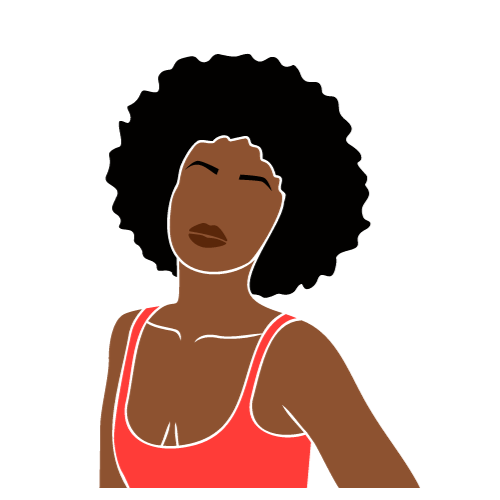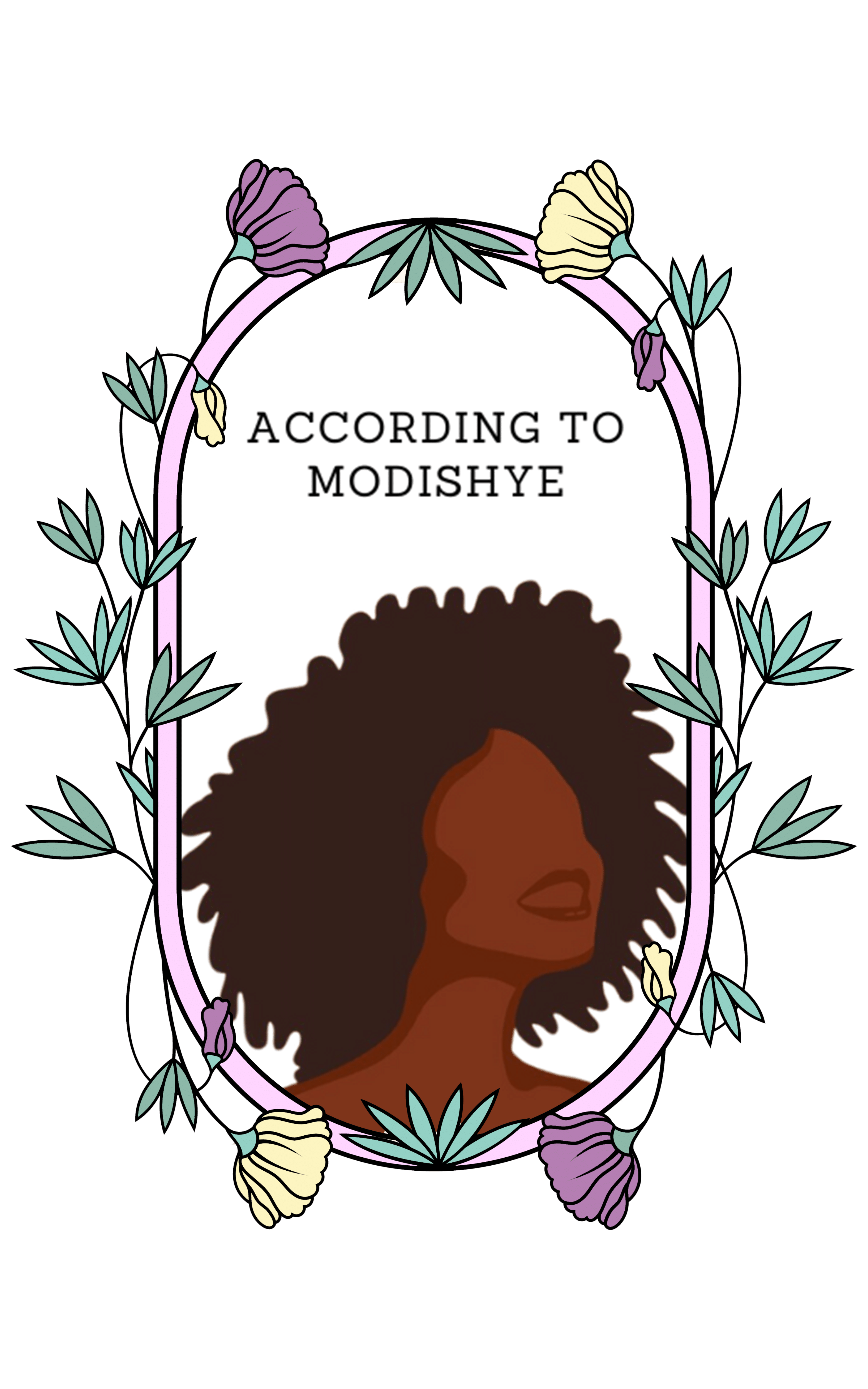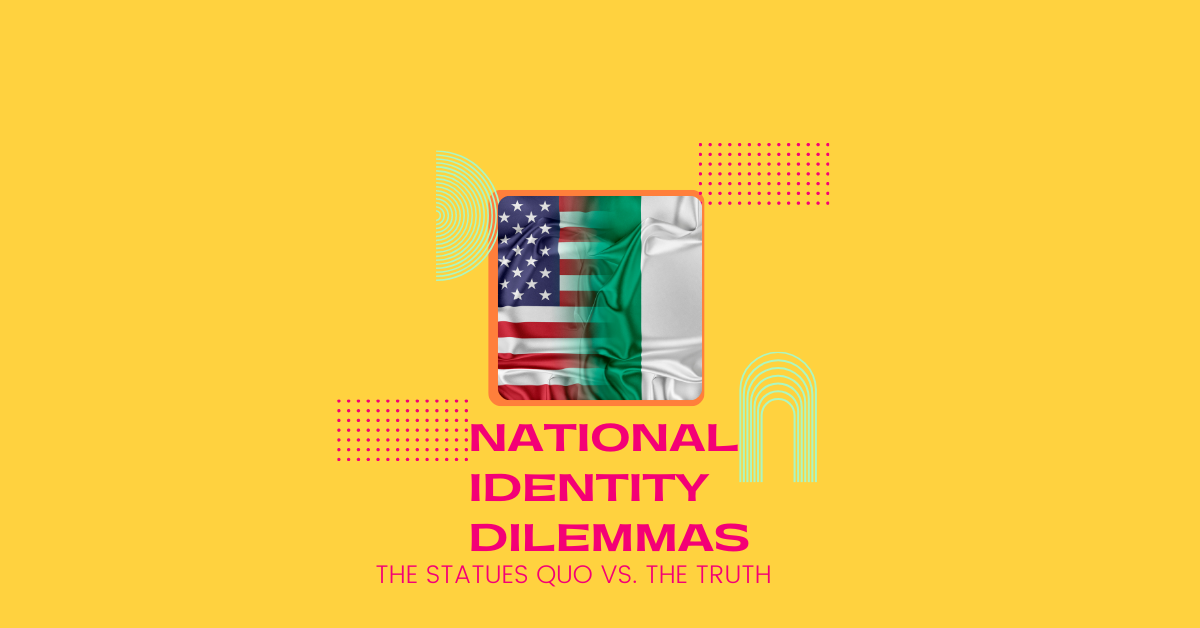Speaking the native language
Speaking the native language of either your father or mother (or both) is an incredible experience. I get so excited when my father and I speak in Yoruba—especially when I need to yab (tease) someone! I find it funny how people assume they know everything about me. Little do they know, I’m full of surprises! I’ve been learning Yoruba since I was about three years old. Surprise!
My dad believed it was crucial for me to connect with my roots, even though I was born and raised in H-town, baby! Many family members didn’t support his decision to teach me Yoruba. They didn’t understand why an educated man would emphasize teaching his daughter the differences in addressing elders versus speaking with her peers. I won’t lie, there were times when I thought it wasn’t that deep. But I also believed that if a man wants to teach his daughter a language not invented or critiqued by Western society, then let him!
Dear only child, It’s essential to remember that when people don’t understand your reasons for pursuing a goal, they often project their feelings of exclusion onto you because your choices were not shared with them. It’s not your job to justify how you reach your goals. Everyone has opinions, but don’t let that distract you from what you know you need to do. I’m glad my dad didn’t listen to anyone. He had a vision, and he stuck to it!
That said, I want to acknowledge that not speaking your parents’ native language doesn’t make you any less of a person—or less Nigerian, in my case. For example, if a Nigerian didn’t have the opportunity to learn any of the languages spoken in Nigeria, that doesn’t take away their heritage. Language is just one element of identity. You’re not Nigerian simply because you speak Yoruba—you’re Nigerian because of your roots, whether by birth, ancestry, or connection to the culture. The same applies to someone who is Hispanic—they might speak Spanish, but being from places like Mexico or Argentina is what defines their nationality.
I’m not apologizing for this rant because I think it’s important: language is not the absolute measure of someone’s identity or worth. There’s so much more to it. Do you know the customs of your country? What are your views on its policies? How do you contribute to promoting your culture? If you can answer these questions, you’re already representing your heritage.
So, be mindful of how you perceive others when they don’t speak the same language. Who are we to belittle anyone for not knowing? At one point, we all didn’t know. Life is about learning. And, dear only child, we don’t get on the train of ignorance. If you know something and can help someone else learn—especially if they’re eager to learn their parents’ native language—don’t hesitate to teach them.
My father taught me Yoruba because he knew one day I would go to Nigeria to further my education. He knew it, but I didn’t. Growing up, I wanted to say phrases in English, especially since I spoke it everywhere except at home with him. Even now, I sometimes feel this way, but I push through. I learned both Yoruba and English around the same time, so sometimes I jumble them together. When I’m passionate about a topic, I’ll switch between the two languages without hesitation!
Speaking English has always been my comfort zone, but was it okay to be ignorant of another language? Absolutely not. I’m so thankful that I learned Yoruba because now, I know when people are talking about me. Only cowards talk behind your back, but speaking in a language that isn’t understood by everyone in a shared space is just as disrespectful. I’m not saying you need to accommodate me, but don’t assume I’m any less Nigerian or worthy just because I don’t fit your image of what a Nigerian is supposed to look or sound like. How rude!
This brings me to a few key points:
1. Nigerians come in all shapes, shades, and sizes.
There is no single “look.” This kind of thinking is not only ignorant, but it also perpetuates harmful beauty standards. If I say I’m Nigerian, that’s all that should matter.
2. I’m 25% Nigerian, 25% South African, 25% Namibian, and 25% African-American.
So, what “look” am I supposed to have? I admit, I’ve been guilty of generalizing features, too—like assuming narrow noses are a Caucasian trait. But the reality is, human beings are individuals and there are general characteristics attributed to groups, but we shouldn’t box people into categories
3. My nationality does not define my entire existence.
My nationality does not define my entire existence. Yes, I’m proud to have parents from two different regions of Africa, but there’s so much more to me than my nationality.
Stick around for part two!





0 Comments